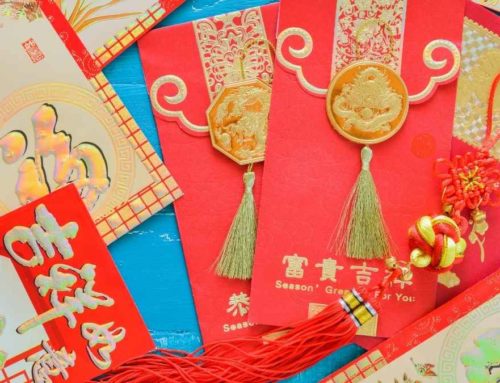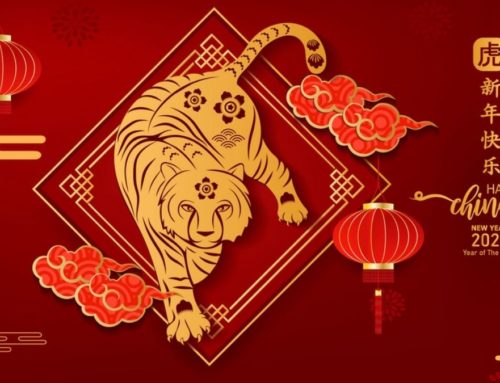When welcoming and serving your Chinese guests, it’s essential that you understand Chinese culture and expectations. Singling someone out, or even sitting them at the wrong table could be a major faux pas, resulting in damaging negative reviews for your business.
Here are three aspects of Chinese culture to keep in mind when welcoming and serving your Chinese guests.
1. Collectivism
Collectivism is an important Chinese cultural value, which calls for the prioritization of the group over the individual. Stemming from Confucianism, this idea calls for people to moderate their likes and dislikes in order to create a healthy society.
What does this mean today? Although Chinese Millennials are increasingly independent in planning their travels, older tourists still enjoy travelling in groups. When a group comes to your business, try to identify who the leader is. Communicate with this person first- they will help facilitate the visit for everyone as they speak for the entire group.
2. Face (Mianzi)
Face is a concept that combines social standing, reputation, dignity, and honour. “Losing face”—generally associated with embarrassing oneself in public—is very serious for your Chinese guests. On the other hand, “giving face” to your guests is a great way to make their time at your business a positive experience. Having the owner or manager come out to greet Chinese guests shows great respect. Praising your guests and making sure they feel acknowledged is important. Also pay additional attention to the group leader, as it’ll be an especially positive experience if the group leader gains face.

Here are some things to keep in mind to avoid a loss of face:
Treat your Chinese guests with respect and make sure that elders are taken care of and given special attention.
Remain calm and resolve conflicts kindly and quietly.
Directly saying no is considered offensive in China. Instead of saying no, convey negative sentiments in an indirect, gentle manner. For example, don’t say “this can’t be done,” say, “it’s hard to do this.”
Do not criticize someone in public or single anyone out in a group situation. If a comment or criticism needs to be made, pull the person aside and speak with them privately.
3. Superstitions
Understanding superstitions is another important way of gaining trust and cultivating a good relationship with your Chinese guests.
Many numbers hold significance in Chinese culture. 8 is a lucky number in Chinese society—it’s associated with fortune, because of how it sounds in Mandarin. To see how important this is, just look at the Beijing Olympics—they were hosted on August 8th, 2008, and began at 8 pm.
On the other hand, 4 and 14 are unlucky numbers, associated with death. Try to avoid giving your guests a room number like “444” or charging them $4.44. If you can, associate your products with lucky numbers—you can add an 8 to your price tag, for example, to create a positive association with your Chinese guests.
Colours are also important to keep in mind. Red is associated with luck, happiness, fire, joy, and good fortune. Yellow is also a positive colour, and was formerly reserved for the emperor’s use only. It’s associated with glory, wisdom, harmony, happiness, and culture. During important holidays like Chinese New Year, try to include these colours into your business décor or branding.
If you’re giving a present to your Chinese guests, be aware of the superstitions surrounding certain gifts. Avoid umbrellas, clocks, white flowers, mirrors, knives, and other sharp objects.
Find out more!
In order to properly welcome Chinese guests and give them amazing experiences, you need to understand many more things about Chinese culture. Our Golden Dragon Certification & Marketing program is your complete solution to understand how to properly welcome Chinese tourists, and reach them online through digital marketing.







